iPhone can't save the foldable market any more than Vision Pro saved the headset market
This article may contain personal views and opinion from the author.

Galaxy Z Fold 4 and iPhone 13 Pro Max | Image Credit - PhoneArena
While Apple continues to be one of the top players in the smartphone and tablet market, sales haven't been particularly impressive in a long time. That's even though the broader market is not in a slump. It's easy to see why the company hasn't scored any big wins in recent memory and a foldable iPhone isn't likely to do much - neither for Apple nor for the foldable market as a whole.
Apple Vision Pro didn't push headsets into the mainstream
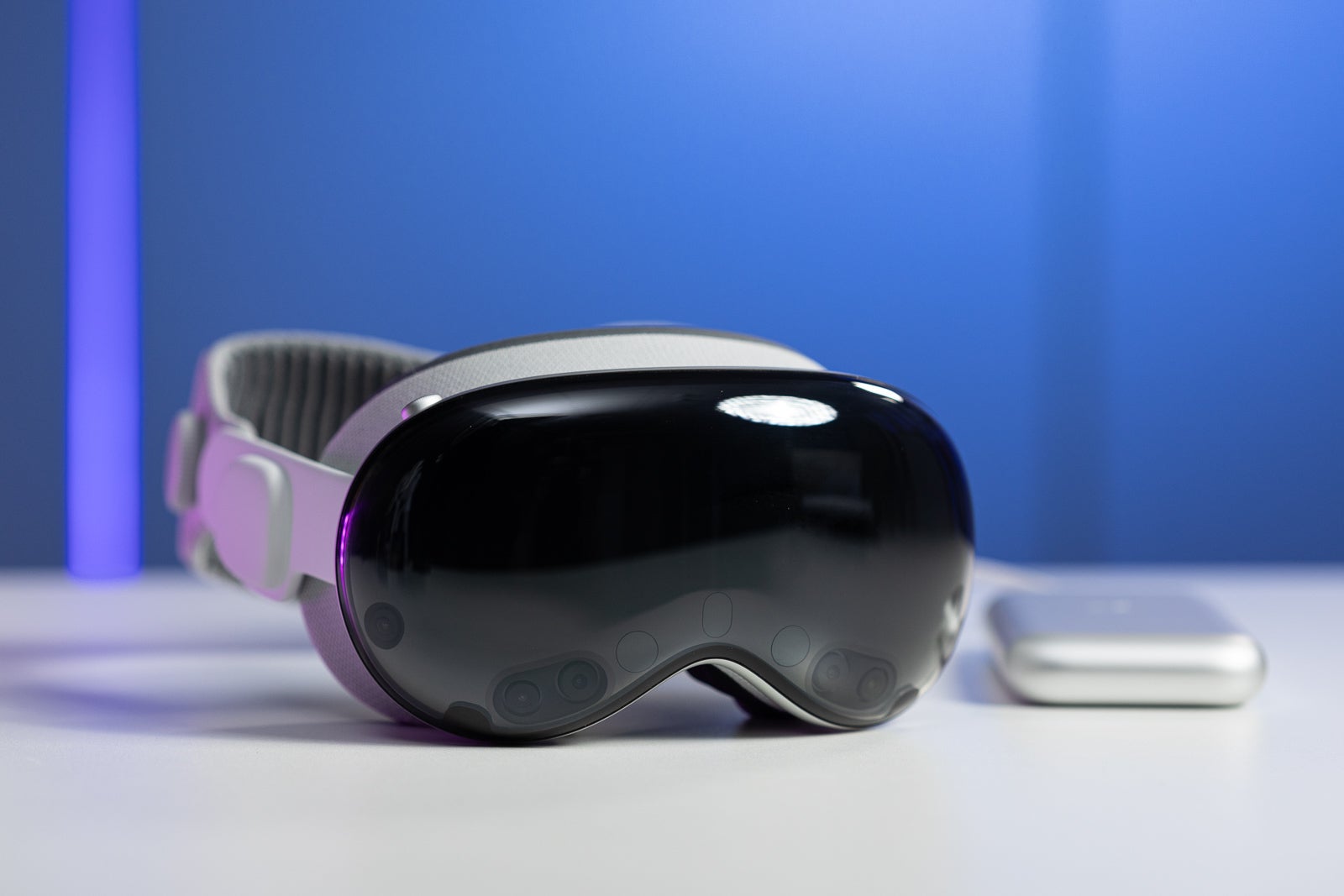
Apple's $3,500 headset which was supposed to revive the Virtual Reality (VR) and Augmented Reality (AR) market has proven to be a bust. The product was such a letdown that hordes of customers returned the headset within days of purchasing it. There are no signs of sales picking up again, which is apparently why Apple will stop producing it.
Inherent market problems
VR and AR technologies have a small user base, primarily because there's no compelling use case for them. While Vision Pro does have hardware flaws, the bigger problem is that not many people are looking to buy headsets.
The foldable market is no different. Beyond the initial oohs and aahs, there are no obvious benefits to switching to a bendable phone. Is Apple going to come up with a killer use case for its foldable iPhone? You only have to look at Apple Intelligence for the answer.
Apple Intelligence is meh
Apple only recently started rolling out the first batch of Apple Intelligence features and its AI suite brings nothing new to the table. While AI features were exciting initially, now they are so woven into everything that they can't make the iPhone 16 stand out. This partially explains why sales are below expectations. On the other hand, Google and Samsung were quick to jump on the trend and were rewarded by elevated sales.
Apple is stingy with features
While Apple still dominates the tablet market, Samsung has steadily been cutting the gap, despite the Cupertino giant banging out more powerful devices. Apple has hamstrung the capabilities of the iPad by placing unnecessary restrictions on the operating system.
Obsession with perfection could be a problem
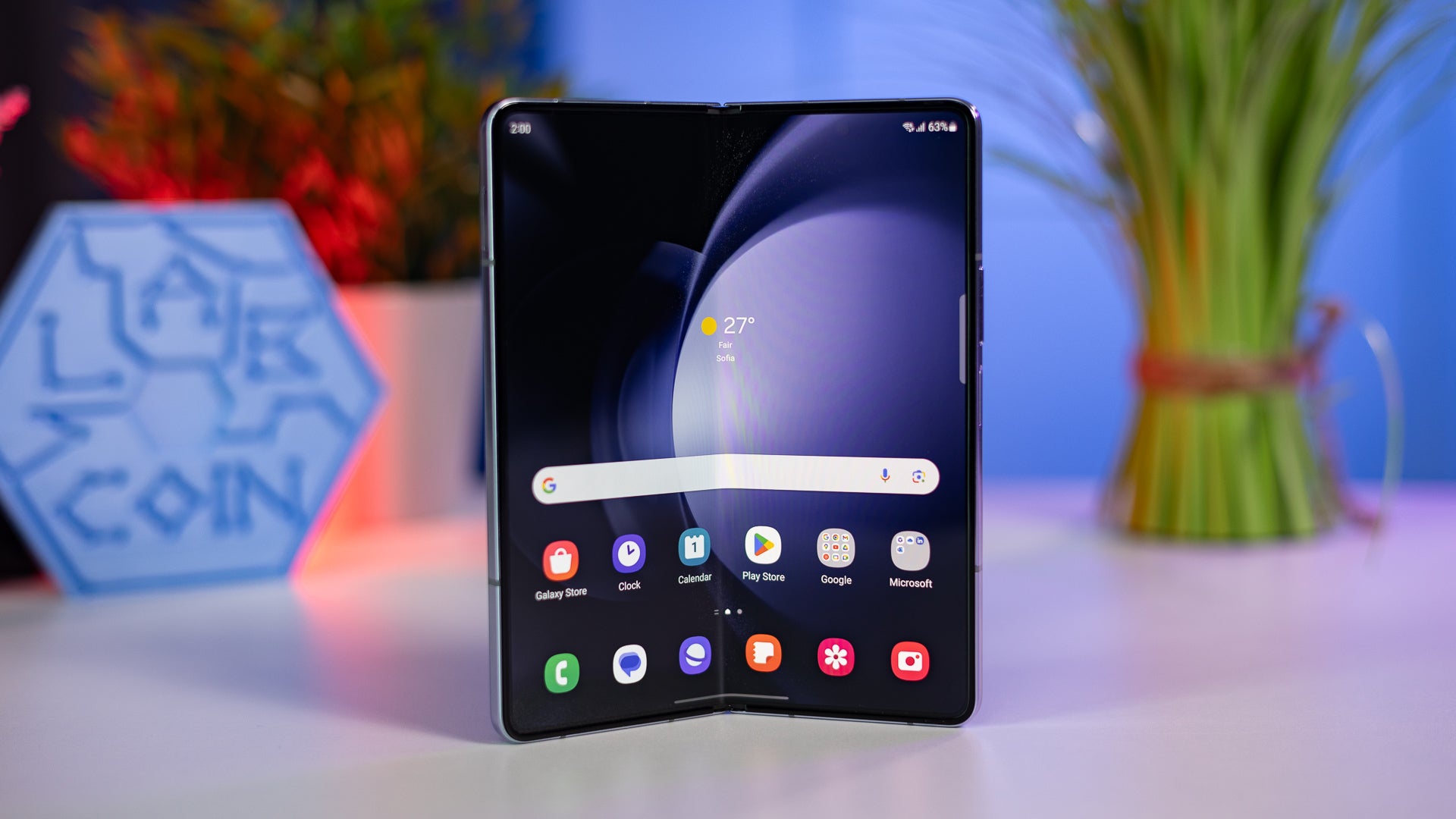
Screen crease is a problem buyers could live with. | Image Credit - PhoneArena
Apple has reportedly held back on releasing a foldable iPhone so far because it wants to eliminate the crease that plagues all foldable phones and make it impossibly thin. The rumored iPhone Air might be the first demonstration of how the company will achieve some of its goals: by going for a single-camera system and a small battery for its foldable phone. This could lessen the appeal of the device, as it will likely fall in the premium category and command a high price.
Apple may prove me wrong and propel the foldable industry forward, but unless it's relying on anything other than expected popularity, I don't see how it will pull this feat off.
Follow us on Google News




![Some T-Mobile users might be paying more starting in March [UPDATED]](https://m-cdn.phonearena.com/images/article/176781-wide-two_350/Some-T-Mobile-users-might-be-paying-more-starting-in-March-UPDATED.webp)
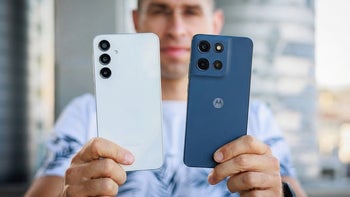
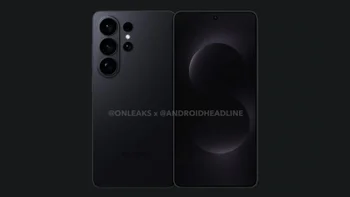



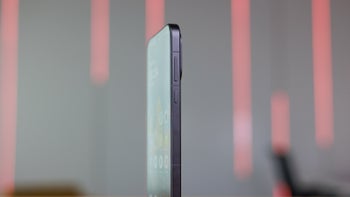
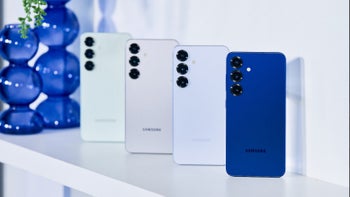

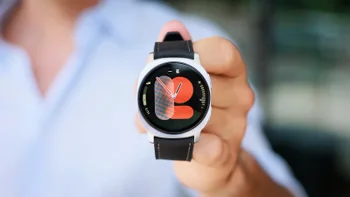
Things that are NOT allowed:
To help keep our community safe and free from spam, we apply temporary limits to newly created accounts: